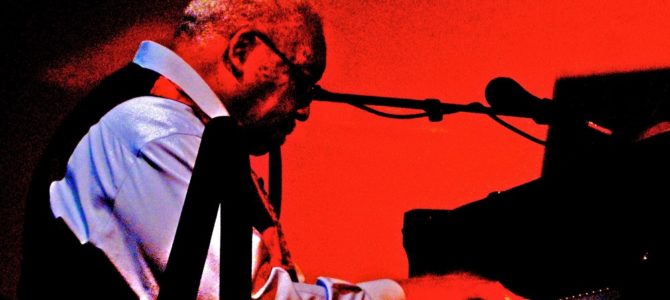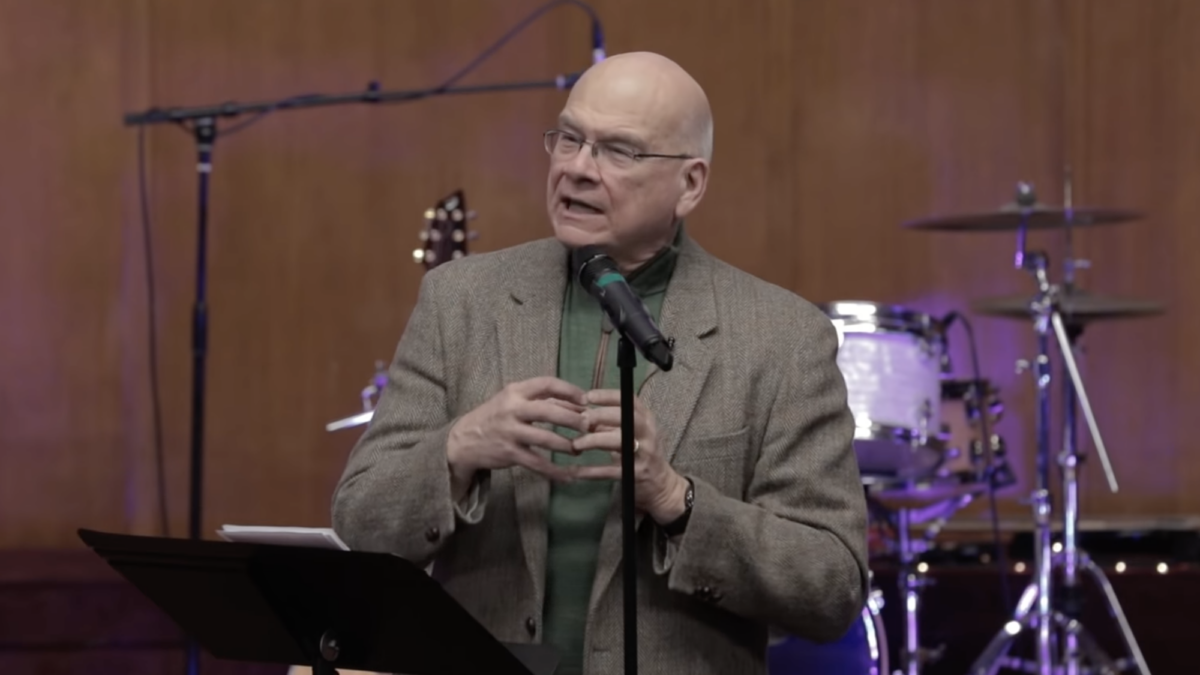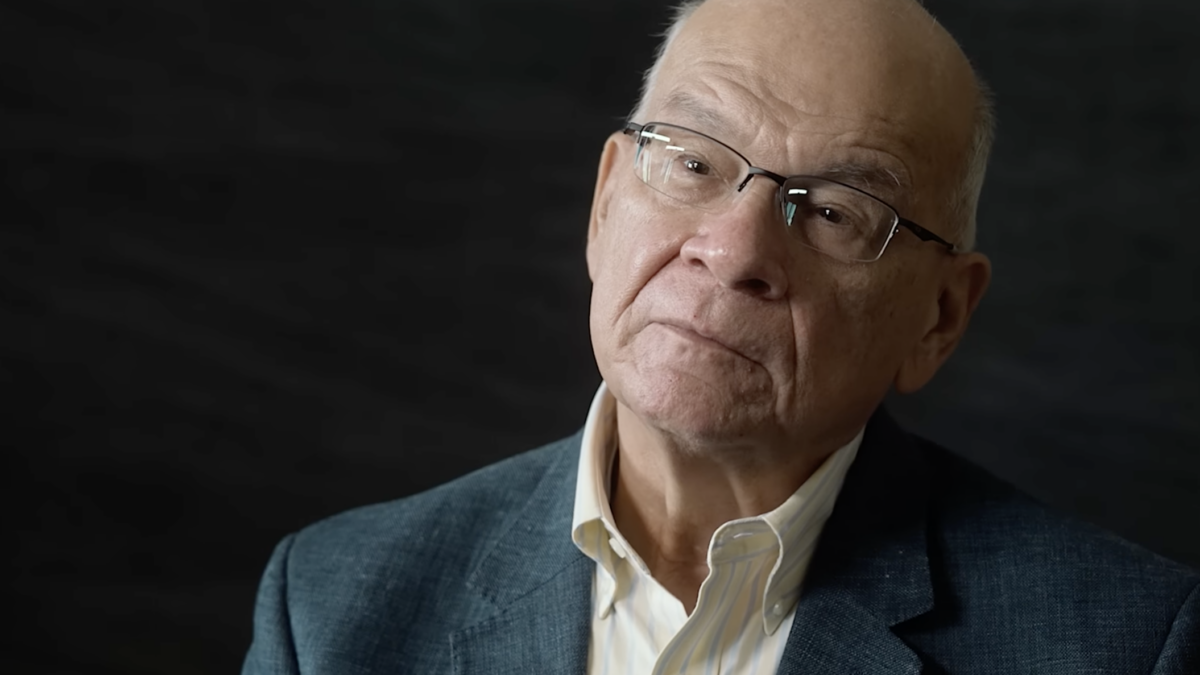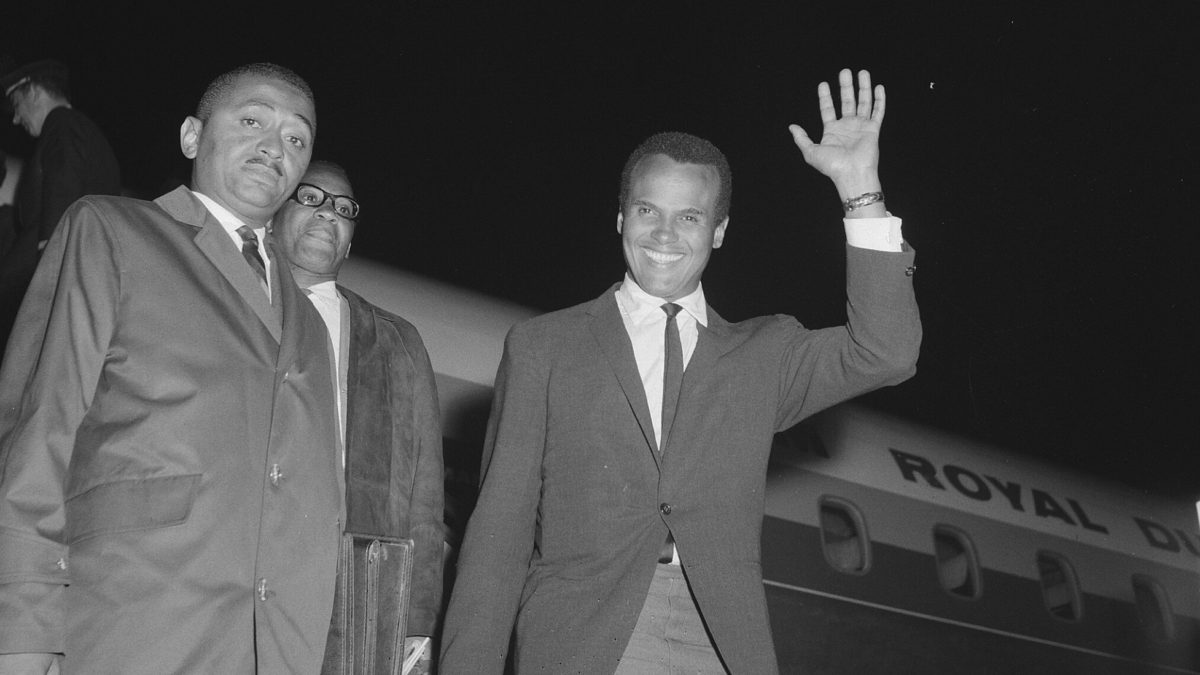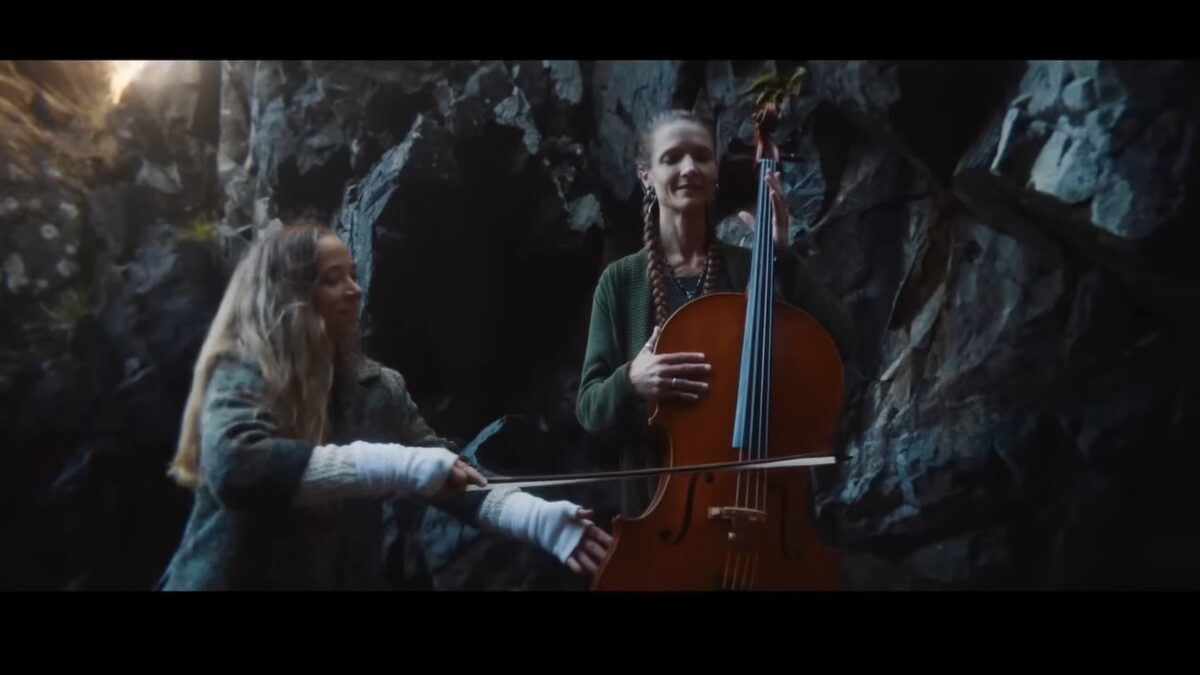Friday night, and the impresario takes the stage. The octogenarian walks with a cane now, stooped in stature, but with passion and skills undiminished. As he makes his way to the keyboard, the audience buzzes with anticipation for the master to ply his craft.
He starts slowly, letting the notes linger in the languid, sultry summer air. He improvises deftly—here soft, slow, and soulful, now quick, staccato chords, cascading from his hands in rapid succession. As he glides his fingers over the piano, carrying the audience with him, he takes them on a journey through a style of music—sometimes vibrant, sometimes mournful, but always heartfelt—that has defined him, and his city.
Ellis Marsalis, the patriarch of a musical dynasty extending well beyond his own family, died April 1 of coronavirus-induced pneumonia. Throughout his 85 years, he personified the spirit of New Orleans—the spirit of jazz.
Born in the Crescent City, he attended college there, graduating from Dillard University in 1955. He began his musical career as a saxophonist while in high school, then took up the piano while in college. Although he studied classical music—his professors at Dillard could not countenance their pupils playing jazz—his focus soon turned to New Orleans’ native genre.
He played jazz throughout the city, working at the Playboy Club in the 1960s, playing in trumpeter Al Hirt’s band, and recording with Cannonball and Nate Adderley. In the 1980s, he began a residency at the Marigny nightclub Snug Harbor. He continued that residency for more than three decades, and even after “retiring” last December—a word he refused to use—performed there as recently as March 6.
Beyond his role as a mere performer, Marsalis played a critical role as a mentor to generations of jazz musicians. He served as a high school band director in the 1950s, then began a teaching career that included stints at Xavier University, the New Orleans Center for Creative Arts, and the University of New Orleans. Upon retiring from formal teaching in 2001, he continued to mentor up-and-coming musicians, often using his Friday night shows to introduce new talent, while giving the next generation a platform on which to perform.
While he remained in New Orleans, eschewing the spotlight to focus on teaching, many of the musicians Ellis Marsalis mentored achieved worldwide fame. The stable of Marsalis proteges includes Harry Connick, Jr. and Nicholas Payton, both Grammy Award winners.
Four of Marsalis’ six sons have taken his legacy far beyond the Crescent City: Trumpeter Wynton, the jazz director at New York’s Lincoln Center, saxophonist and former “Tonight Show” bandleader Branford, trombonist Delfeayo, and percussionist Jason, with whom Ellis performed his final series of concerts. That the Center for Music in New Orleans’ Musicians’ Village was named after Marsalis reflects the central role he played in the city’s cultural life and heritage.
With a repertoire that, like his life, spanned most of the history of jazz—he could play old standards like “Big Butter and Egg Man” right along with his own compositions—and an dedication towards teaching future musicians, Ellis Marsalis stood as a jazz legend. Coupled with the death of Creole chef Leah Chase last summer, New Orleans has lost giants of its two prime industries—food and music—in rapid succession.
In both cases, however, their legacies will remain, through the lessons they passed down to individuals far beyond Louisiana’s borders. While Marsalis traditionally ended his sets with an impish piano version of “That’s All Folks!,” his music will live on, and he through it.
As the maestro concludes his interlude, and the recognizable beat of “The Girl from Ipanema” emerges, the heavy air of summer lifts, replaced by the airy and light tones of sweet, sweet jazz. Spectators ponder whether to focus on the technically brilliant craft, or yield to the notes’ intoxicating bouquet.
One lady in the front row makes a clear choice: Lost in musical ecstasy, she sashays to the rhythm, her mind thousands of miles away. Transported in an instant to Copacabana Beach, her blissful reverie illustrates the power of music to transcend our everyday lives.
Over a career spanning more than seven decades, Ellis Marsalis gave countless individuals these indelible moments of pleasure and joy. Even as we mourn his family’s loss, we give thanks for the memories he gave us. Requiescat in pace.
